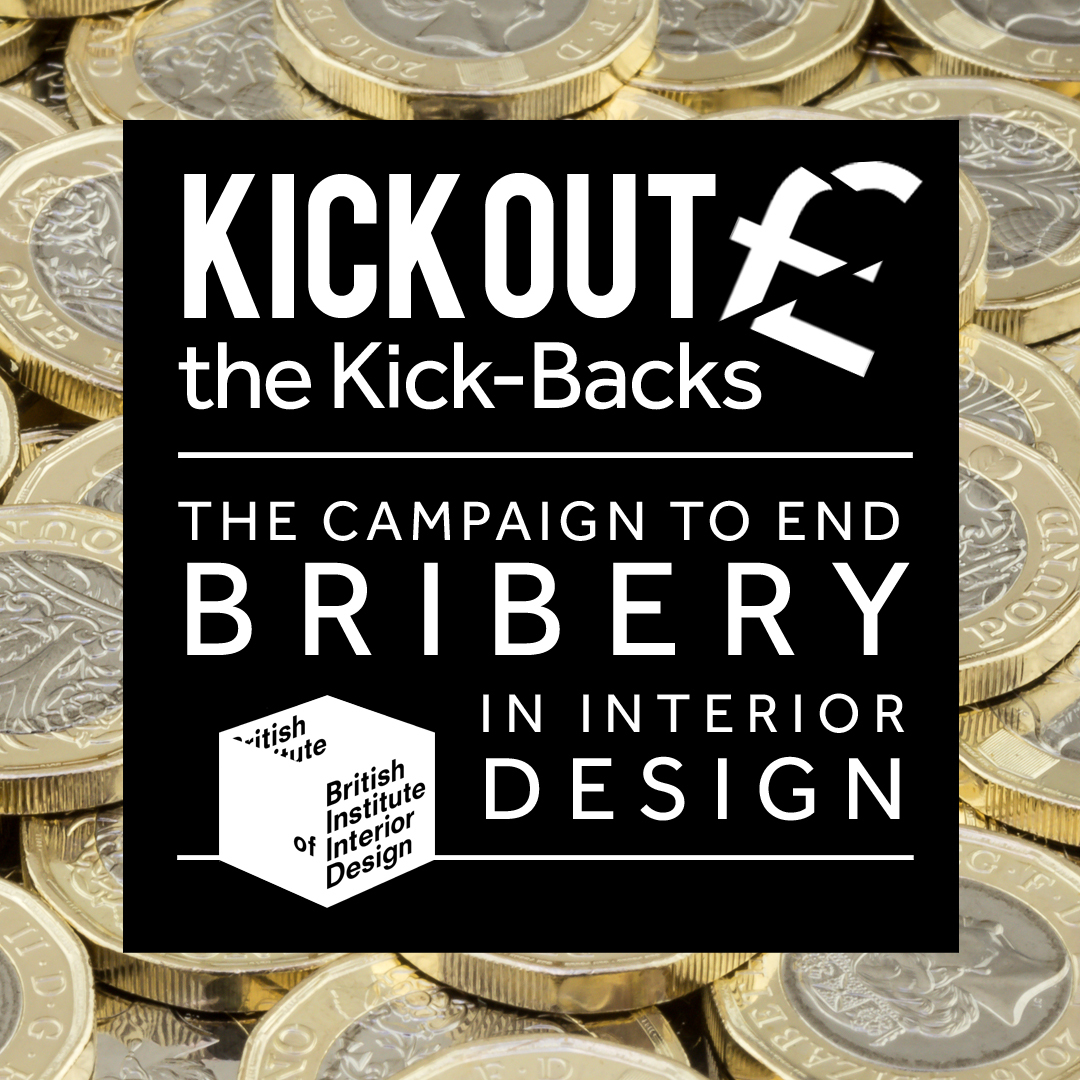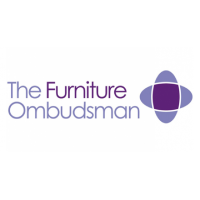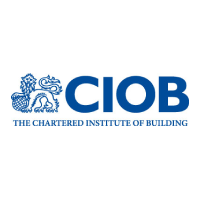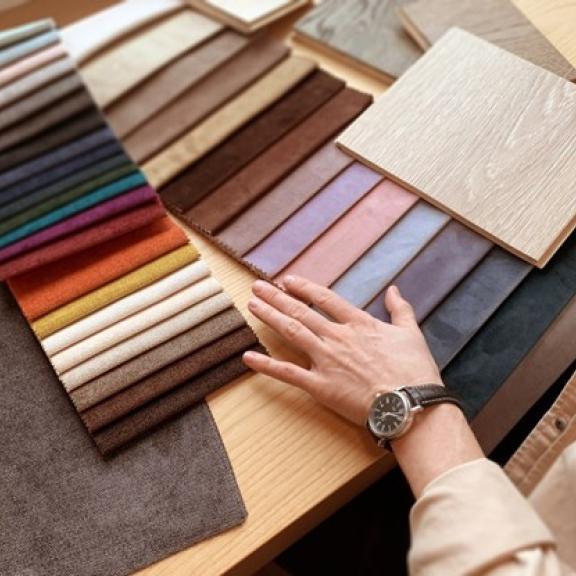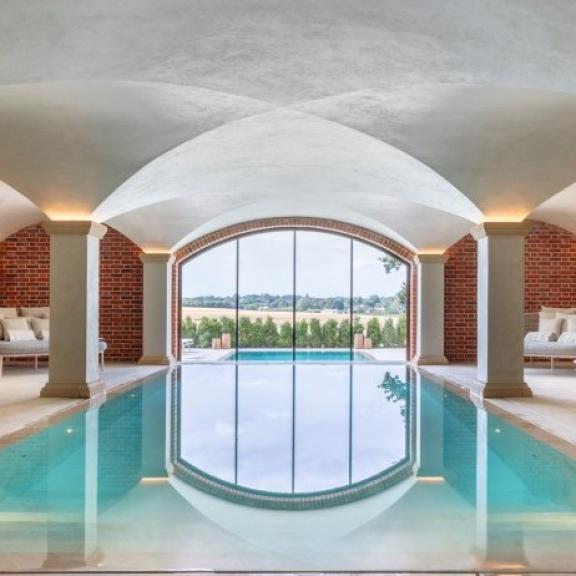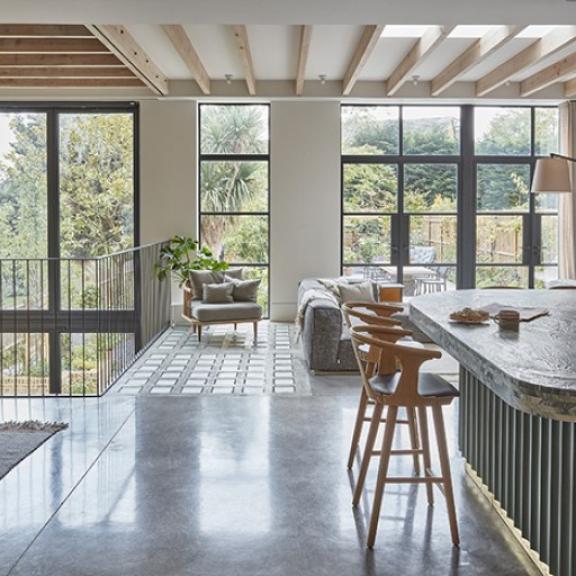KICK OUT THE KICK-BACKS
The BIID has launched a national anti-bribery campaign, Kick Out The Kick-Backs, aimed at stamping out criminal behaviour in the interior design industry
The BIID has been made aware that some interior designers are asking for, or being offered, payments from suppliers that are not being disclosed to the clients by the interior designer or the supplier. When a supplier makes a secret payment that encourages improper performance of the designer’s responsibilities to his or her client they could both be committing a criminal offence under the 2010 Bribery Act.
An example of this behaviour is:
An interior designer is working for a private client on the redesign and refurbishment of a residential property. There is a written agreement in place that the designer will work for the client on a professional consultancy basis and will charge for their professional advice on an hourly rate. The designer recommends a kitchen supplier to their client. Following discussions with the designer, the kitchen supplier provides a quote to the client that has been inflated to include a hidden ‘commission’ of £2,000 for the designer. The client is invoiced by the kitchen supplier for the cost of the supply and installation of the kitchen and pays this invoice themselves. The designer invoices the client for the hours spent liaising with the kitchen company to co-ordinate the design and installation of the kitchen. The designer then invoices the kitchen supplier for a £2,000 ‘commission’ as agreed. The ‘commission’ is not declared to the client at any stage of the project by either the kitchen supplier or the interior designer.
In this example, the kitchen supplier has engaged in ‘active bribery’ by giving a bribe and the designer has engaged in ‘passive bribery’ by receiving a bribe. They have both committed a criminal offence under the Bribery Act. When a client hires an interior designer to give them professional advice they are putting their trust in that designer to act on their behalf to the best of their ability and to provide them with expert advice. While popular perception might be that a payment is only a bribe when it is given with the intention of changing their behavior – for example a cash payment being offered to a police officer with the intention of avoiding arrest – this is not the case in the eyes of the law:
“[It is] …an offence for a person to offer, promise or give a financial or other advantage to another person….where [that person] knows or believes that the acceptance of the advantage offered, promised or given in itself constitutes the improper performance of a relevant function or activity… ‘Improper performance’ …means performance which amounts to a breach of an expectation that a person will act in good faith, impartially, or in accordance with a position of trust ”
Taken from page 10 of The Bribery Act 2010 Guidance Note issued by the Ministry of Justice)
In the case of the example above, the designer may truly believe the supplier they are recommending to the client will provide products or services appropriate for the project and would still recommend the supplier without the promise of a secret payment. However, the fact that the designer has received a secret payment which has not been declared to their client in itself means they are not acting in good faith, impartially and in accordance with the trust the client has placed in them.
In the UK, in addition to charging for their professional services, many interior designers are also retailers as they purchase products and then sell these products directly to their clients. Many designers who have a retail element to their business operate a business model where they may choose not to reveal the trade price of the products they supply or their payment arrangements with their suppliers. This business model is of course entirely legal as long as the designer has made it clear to their client that in addition to providing professional services, they are also a retailer and will be supplying products on that basis:
“The purpose of the Kick Out The Kick-Backs campaign is to stamp out illegal business practices that damage the entire profession in order to foster a more honest and ethical design industry. The BIID is not aiming to impose a one-size-fits-all business model on the UK interior design profession and we recognise that different clients, regions and sectors may have different fee structures. However, we believe that greater transparency between designers and clients will lead to better working relationships that benefit designers, suppliers and clients alike.
Harriet Forde, BIID President
The BIID is recommending that all interior design practices, whatever business model they use, review their own internal processes to ensure that they have relevant checks in place to avoid bribery and corruption. Questions design practices should ask include:
- Does the practice use third party agents to introduce new business and/or negotiate on its behalf? If so, the bribery risk could be greater.
- If the practice receives corporate hospitality does it need internal guidelines on the sort of entertainment or gifts that are acceptable and those that are not?
- What due diligence does the practice carry out on new business partners?
- Is the management of the practice taking a lead on anti-bribery? Is it communicating a clear zero-tolerance message? Has it assessed the business’ susceptibility to bribery?
- Do employees need to be trained on bribery risks?
- Could the practice’s remuneration and incentive arrangements and practices potentially cause or lead to corrupt behaviour
The BIID consider this campaign to be very much part of the broader context of the last few years where UK government and businesses have been working to stamp out bribery and corruption across many industries. John Penrose, the Prime Ministers Anti-Corruption Champion for Boris Johnson and Theresa May is supporting our campaign:
“Acting with integrity and transparency and refusing to participate in a culture of ‘kick backs’ means good businesses will grow faster, because they have a level playing field to compete on. Corruption isn’t just illegal, it creates economic distortions that make businesses less competitive and reduce living standards – particularly for the least powerful and well-off. This Anti-Corruption Day, check your business has adequate processes to prevent your staff unwittingly participating in bribery. Everyone does better when trading with integrity is the norm, everywhere and all the time.
John Penrose, Prime Ministers Anti-Corruption Champion for Boris Johnson and Theresa May
Reflecting the fact that this is a hugely important issue, we are delighted that Kick Out The Kick-Backs is supported by several national organisations including:
- Anti-Copying In Design (ACID)
- Association of Consultant Architects (ACA)
- Association of Project Management (APM)
- British Institute of Kitchen Bedroom and Bathroom Installation (BIKBBI)
- Chartered Institute of Building (CIOB)
- The Furniture Ombudsman
- National Association of Shopfitters and Contractors (NAS)
If you would like to support the campaign, please get in touch with us at info@biid.org.uk
Explore the latest, member-exclusive, templates designed to make your life easier.
What happens to material samples once a project comes to an end? Discover Second Life Samples with Swatchbox.
With the launch of the new commercial category for this year's awards, get inspired by these award-winning commercial projects
Explore new resources from the BIID. Seeing a padlock? Just login or become a member to view.
With the launch of the new residential category for this year's awards, get inspired by these award-winning homes
Explore new resources from the BIID. Seeing a padlock? Just login or become a member to view.
